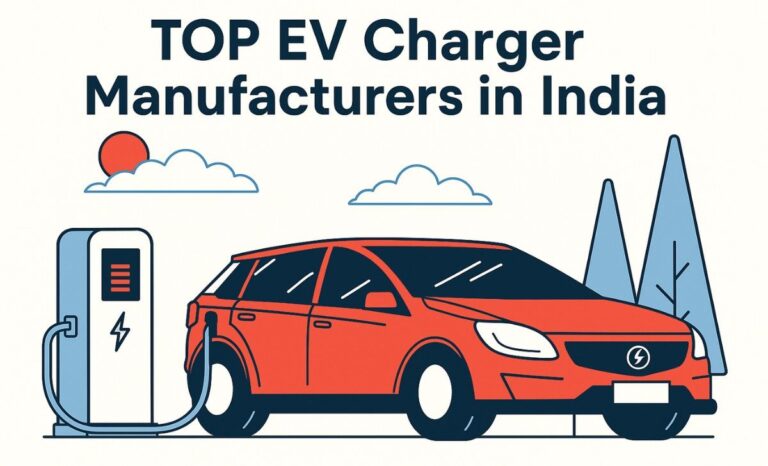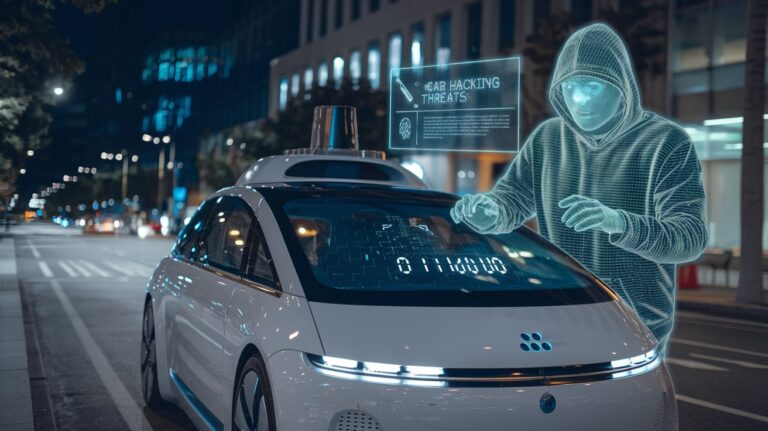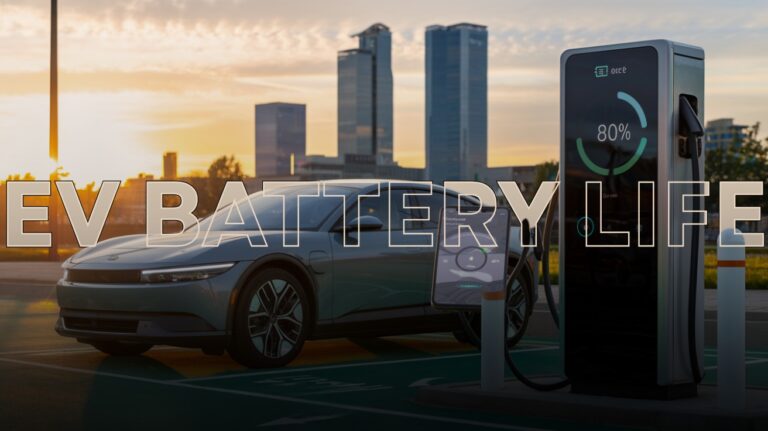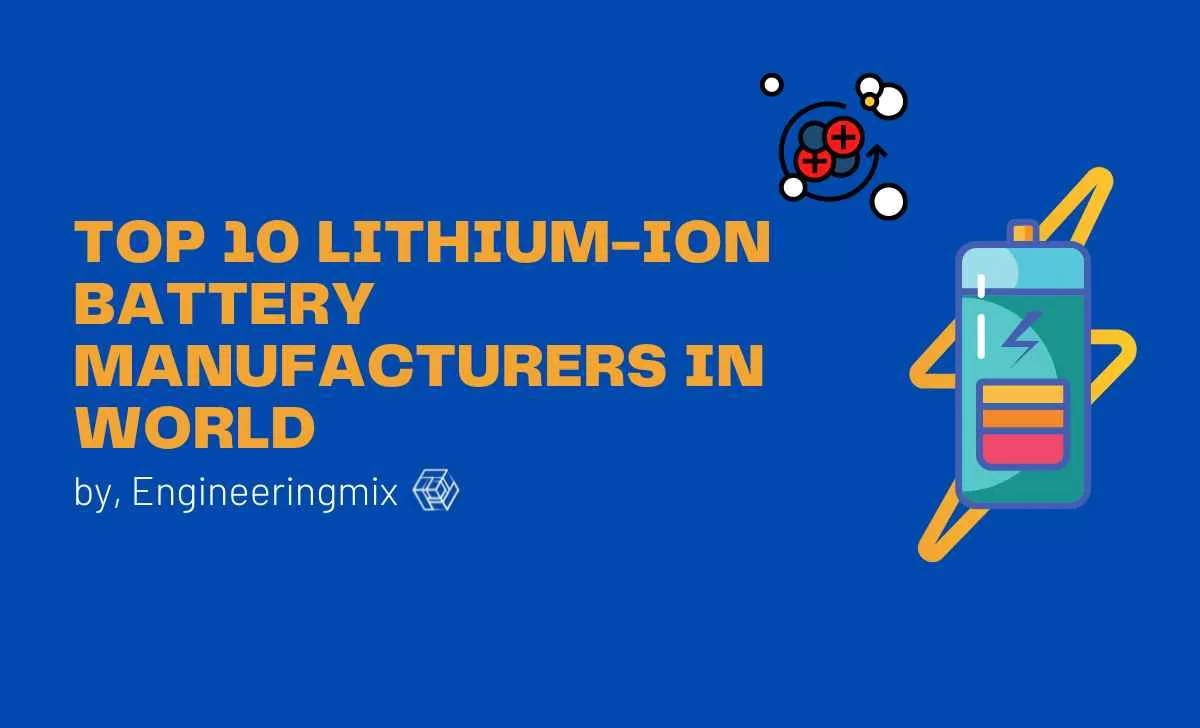
Top 10 EV Battery Manufacturers in the World
A lithium-ion battery is a type of rechargeable battery in which lithium ions move from the negative electrode to the positive electrode during discharge and back when charging. Lithium-ion batteries are commonly used in consumer electronics, electric vehicles, and renewable energy systems because they have a high energy density, low self-discharge rate, and no memory effect. They were first developed by M.S. Whittingham at Binghamton University in the 1970s, and commercialized by Sony in 1991.
In this article
How Lithium-ion Battery Works?
Lithium-ion batteries work by moving lithium ions between the anode and cathode during discharge and charging. The anode of a lithium-ion battery is typically made of graphite, while the cathode is made of a lithium-containing compound such as lithium cobalt oxide (LiCoO2) or lithium iron phosphate (LiFePO4).
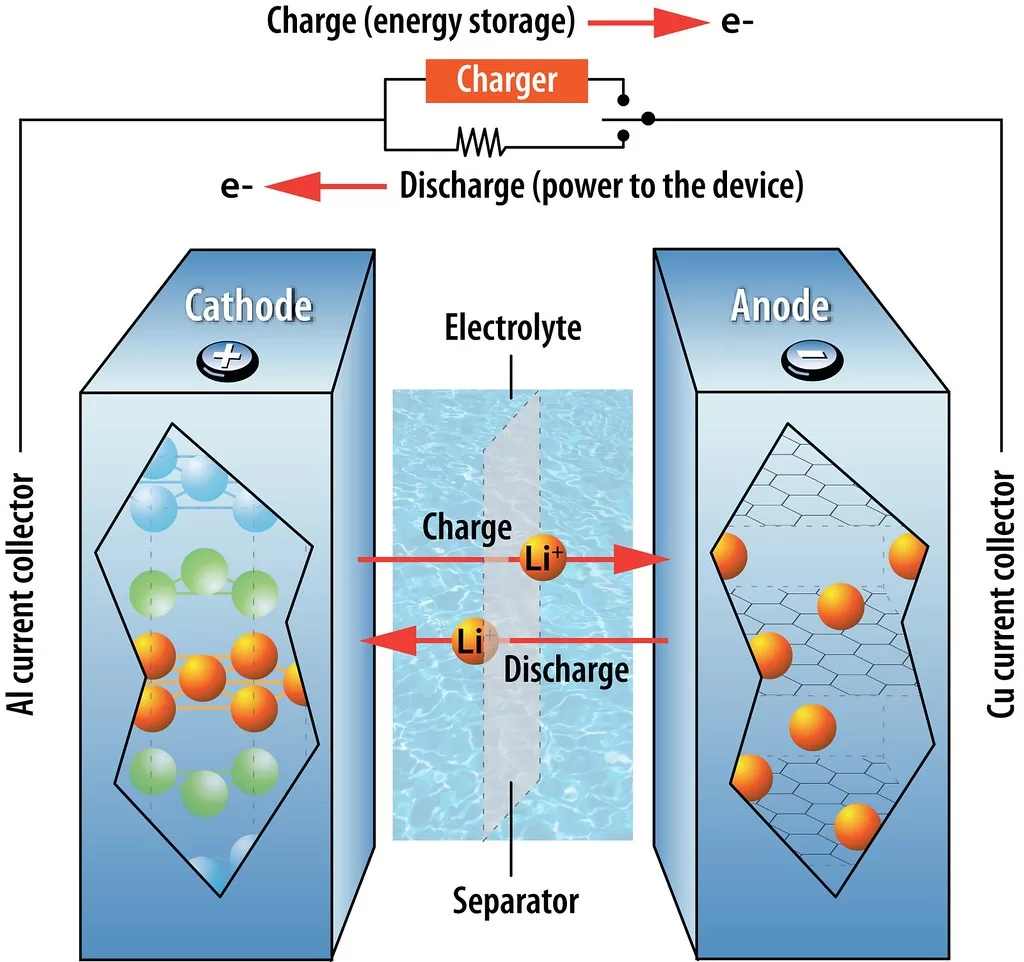
- During discharge, lithium ions are released from the anode and travel to the cathode through the electrolyte. This movement of ions creates a flow of electricity, which can be used to power devices.
- During charging, an external power source is used to force the lithium ions to move in the opposite direction, from the cathode back to the anode. This process is called electrochemical charging.
- Lithium-ion batteries are known for their high energy density, long cycle life, and low self-discharge rate, making them well-suited for use in portable electronics and electric vehicles.
It’s important to note that Lithium-ion batteries can be dangerous if not handled properly, for instance overcharging or puncturing the battery can cause thermal runaway and could lead to a fire.
How to make a battery?
Making a battery involves several steps, including:
- Choosing the type of battery: There are several types of batteries, such as lead-acid, nickel-cadmium, nickel-metal-hydride, and lithium-ion. Each type has its own advantages and disadvantages, and the choice will depend on the application for which the battery will be used.
- Gather materials: Once the type of battery is chosen, the necessary materials must be gathered. This will include the electrodes (anode and cathode), the electrolyte, and the separator. The materials used in the electrodes and electrolytes will vary depending on the type of battery being made.
- Prepare the electrodes: The electrodes must be prepared by mixing the active material with a binder and other additives and then rolling or pressing the mixture into a desired shape (usually in the form of a thin sheet or foil).
- Assemble the battery: The electrodes and separator are then placed in a container and the electrolyte is added. The container is sealed and the terminals are connected.
- Charge and test the battery: The battery is then charged for the first time, and its performance is tested. The charging and discharging rates, capacity, and voltage are some of the parameters that are measured.
It’s important to note that making a battery can be complex, and it requires knowledge of electrochemistry and materials science. Additionally, commercial batteries are made in specialized facilities that have the necessary equipment, expertise, and safety measures.
Lithium-ion Battery Buying Guide
When buying a lithium-ion battery, there are several factors to consider to ensure you choose a battery that is suitable for your needs:
- Capacity: The capacity of a battery is measured in milliampere-hours (mAh) or amp-hours (Ah). A higher-capacity battery will be able to store more energy and will last longer between charges.
- Voltage: The voltage of a battery is measured in volts (V). Make sure the voltage of the battery is compatible with the device you will be using it with.
- Size and shape: Lithium-ion batteries come in various sizes and shapes, so make sure you choose one that will fit in your device or that can be adapted to fit.
- Brand and supplier: Always purchase batteries from a reputable brand, if possible, and ensure that the supplier is reputable and has a good track record of providing high-quality products.
- Safety Features: Make sure to buy a battery with a built-in overcharge, over-discharge, and short-circuit protection.
- Temperature range: Consider the temperature range in which the battery will be used, as lithium-ion batteries may have a limited temperature range in which they can operate.
- Discharge rate: The discharge rate of a battery is measured in amps (A) and tells you how much current the battery can safely deliver. Choose a battery with a discharge rate that is suitable for your device.
- Warranty: Check the warranty offered by the manufacturer and make sure you understand the terms and conditions.
By considering these factors, you can be sure that you choose a lithium-ion battery that is safe, reliable, and suitable for your needs.
Top 10 Lithium Battery Manufacturers in India
There are several manufacturers of lithium-ion batteries in India, some of the notable companies include:
- Exide Industries: This Indian company is one of the largest manufacturers of lead-acid batteries in the country and has also started producing lithium-ion batteries.
- Amara Raja Batteries: This Indian company is a leading manufacturer of lead-acid batteries and has also started producing lithium-ion batteries for electric vehicles and energy storage systems.
- Luminous Power Technologies: This Indian company is a leading manufacturer of inverters, UPS systems, and batteries and also produces lithium-ion batteries.
- Su-Kam Power Systems: This Indian company is a leading manufacturer of inverters, UPS systems, and batteries and also produces lithium-ion batteries.
- Okaya Power: This Indian company is a leading manufacturer of batteries and also produces lithium-ion batteries.
- Microtek International: This Indian company is a leading manufacturer of inverters, UPS systems, and batteries and also produces lithium-ion batteries.
- Tata Power Solar Systems: This Indian company is a leading manufacturer of solar panels and also produces lithium-ion batteries for energy storage systems.
- HBL Power Systems: This Indian company is a leading manufacturer of batteries, power electronics, and energy storage systems and also produces lithium-ion batteries.
- Coslight India Telecom: This Indian company is a leading manufacturer of batteries and also produces lithium-ion batteries.
- Genus Power Infrastructures: This Indian company is a leading manufacturer of power meters, inverters, UPS systems, and batteries and also produces lithium-ion batteries.
This list is not exhaustive and there may be other manufacturers operating in India. Additionally, the ranking of these manufacturers may change over time. It’s also important to note that this list is based on my knowledge cut-off in 2022 and it could have changed by now.
Top 10 Lithium Battery Manufacturers in World
There are many manufacturers of lithium-ion batteries around the world, some of the notable and top manufacturers include:
- Panasonic: This Japanese company is one of the largest manufacturers of lithium-ion batteries and is a supplier for electric vehicle manufacturers such as Tesla.
- LG Chem: This South Korean company is a major supplier of lithium-ion batteries for electric vehicles and also produces batteries for consumer electronics and energy storage systems.
- CATL: This Chinese company is one of the fastest-growing lithium-ion battery manufacturers in the world and supplies batteries to several major electric vehicle manufacturers.
- BYD: This Chinese company is a leading manufacturer of lithium-ion batteries and also produces electric vehicles and solar panels.
- Tesla: This American company produces lithium-ion batteries at its gigafactory in Nevada, and also uses them in its electric vehicles.
- Samsung SDI: This South Korean company produces lithium-ion batteries for electric vehicles, consumer electronics, and energy storage systems.
- AESC: This Japanese company, a joint venture between Nissan and NEC, produces lithium-ion batteries for electric vehicles.
- Sony Energy Devices: This Japanese company produces lithium-ion batteries for consumer electronics and energy storage systems.
- Bosch: This German company produces lithium-ion batteries for electric vehicles, consumer electronics, and energy storage systems.
- GS Yuasa: This Japanese company produces lithium-ion batteries for electric vehicles, consumer electronics, and energy storage systems.
This list is not exhaustive and there may be other manufacturers operating in the world. Additionally, the ranking of these manufacturers may change over time.
From Where should I buy it lithium-ion battery?
There are several places where you can buy a lithium-ion battery, including:
- Online retailers: Websites like Amazon, eBay, and Alibaba are popular places to buy batteries online. Make sure to purchase from reputable sellers and check customer reviews to ensure you’re getting a good quality product.
- Battery manufacturers: Many battery manufacturers sell their products directly to consumers. Contact the manufacturers to find out if they have distributors in your area, or if they sell batteries online.
- Physical stores: Batteries are also available in many electronic stores, home improvement stores, and automotive supply stores. Be sure to check the warranty and return policy before making a purchase.
- Specialty stores: Some stores specialize in batteries and may have a wider selection of lithium-ion batteries. These can be found in industrial parks or commercial areas.
- Wholesalers: Many wholesalers sell batteries in bulk, which can be a more cost-effective option for businesses or large-scale projects.
It’s important to note that before buying a lithium-ion battery, you should research the product and supplier carefully, to ensure that you are getting a high-quality, safe, and reliable product. Also, be sure to read the product and safety information carefully, and comply with any usage and storage instructions provided.
Conclusion
In conclusion, lithium-ion batteries are a type of rechargeable battery that has become popular in recent years due to their high energy density, long cycle life, and low self-discharge rate. They are used in a wide range of applications, including portable electronics, electric vehicles, and renewable energy systems.
When buying a lithium-ion battery, it’s important to consider factors such as capacity, voltage, size and shape, brand and supplier, safety features, temperature range, discharge rate, and warranty. It’s also important to purchase batteries from reputable sources and to read and follow any usage and safety instructions provided by the manufacturer.
There are several manufacturers of lithium-ion batteries in India, but the ranking of these manufacturers may change over time. It’s important to research and compares products and suppliers before making a purchase, to ensure that you get a high-quality, safe, and reliable product.
Also Read:
Explore the auto expo 2023 from India’s largest motor show, the 16th edition
Mahindra XUV400 EV is available for Rs 15,99,000


